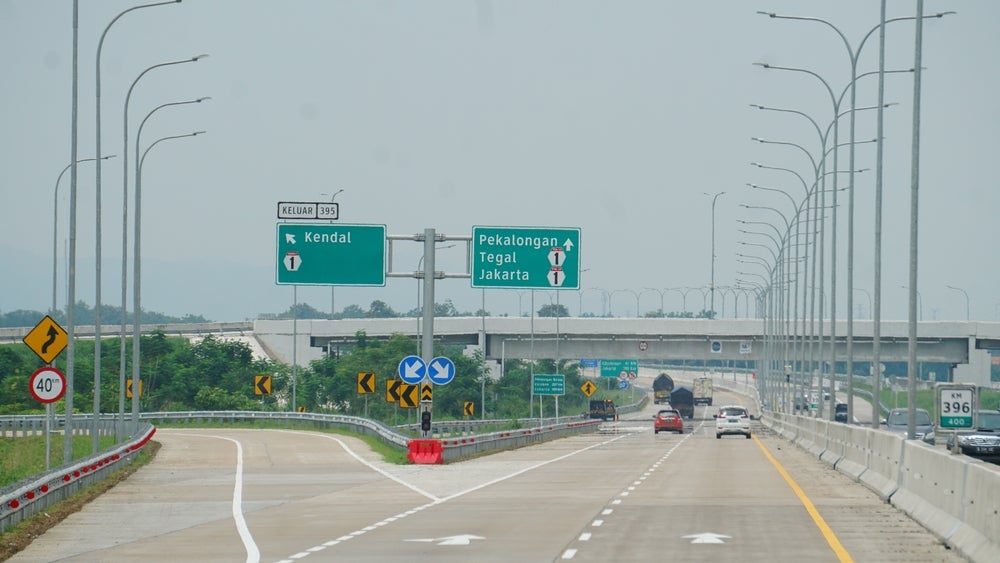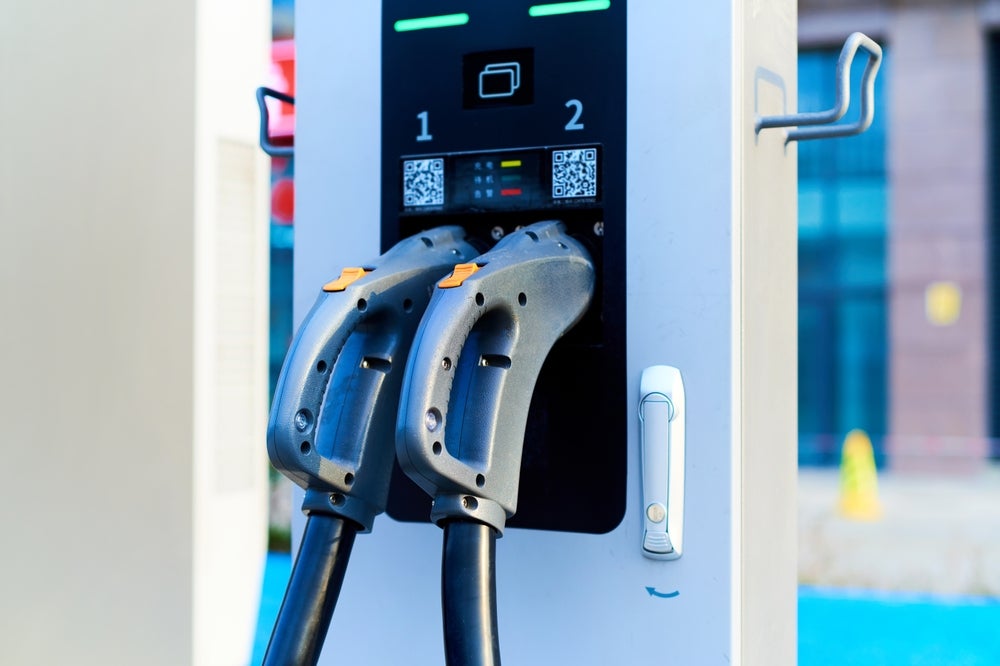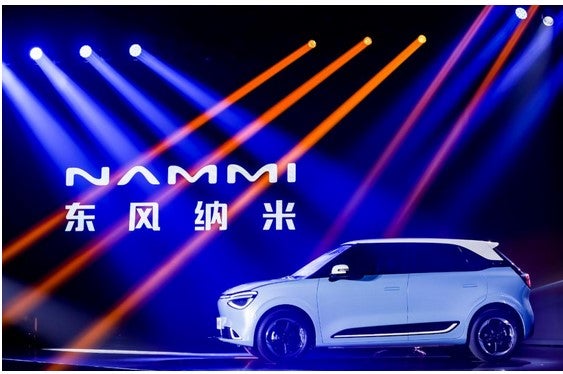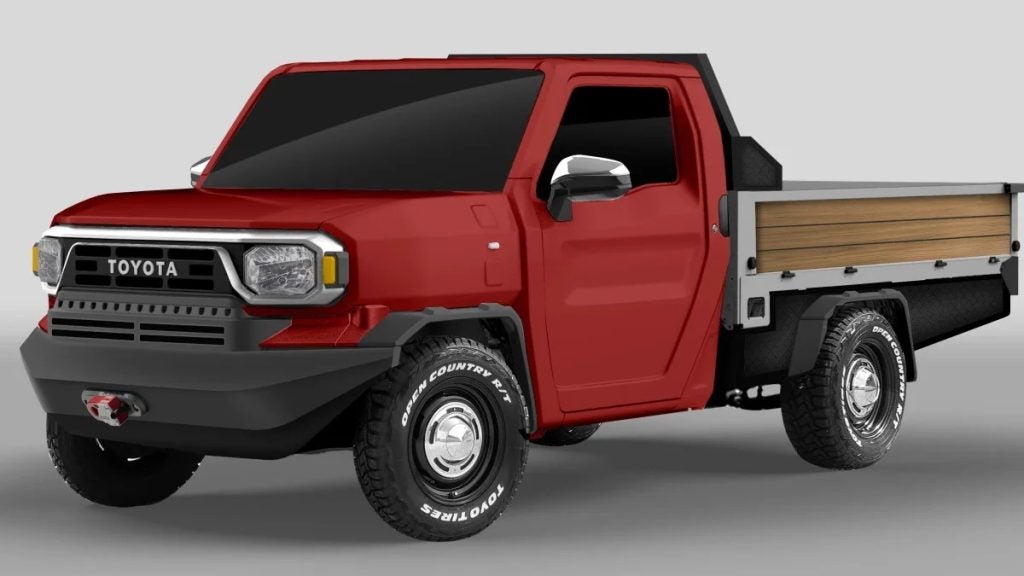
Within the ASEAN region, each country competes with the others not only in food, sport, and culture but also in industry and in particular the automotive sector. Thailand (the largest Light Vehicle producer in the region) and Indonesia (with the largest LV sales) are now competing to be the ASEAN BEV (battery electric vehicle) production hub. Both have announced incentive programmes aimed at boosting BEV demand and production.
Thailand’s BEV incentive programme has succeeded in attracting BEV investment from existing players (Mercedes-Benz, MG, and Toyota) and new players (BYD, Great Wall Motors and Neta). Meanwhile, BEV sales skyrocketed from 4k units in January – July 2022 to 37k units in January – July 2023. Demand was strongly boosted by the government’s direct cash subsidy which amounts to THB 150,000 plus the excise and import tax deductions available for BEV models. These instruments led to BEV model prices dropping by around 13% – 20%. Simultaneously, the rise of BEVs on Thai roads is directly helping to accelerate growth in the BEV ecosystem. Recently PTT, Thailand’s biggest petroleum company and gas station operator announced that it now has its own fast-charging station network covering all 77 provinces, enabling BEV users to travel across the country with minimal inconvenience.
The cash subsidy programme for BEVs covers both locally built and imported CBU (completely built-up) models. However, there is one key condition which is that the automakers who initially import the passenger BEV models and get the cash subsidy must set 2024 domestic BEV production at a 1:1 ratio of imported volumes to domestically made volumes. The ratio becomes 1:1.5 if the automaker starts domestic production in 2025. For instance, if Automaker “A” imported and sold 1,000 BEV units in 2023 and got the direct cash subsidy, then that automaker must produce at least 1,000 BEV units in Thailand if production starts in 2024, or at least 1,500 units if production starts in 2025.
In Indonesia, the government has implemented a BEV incentive programme by cutting the VAT rate for BEVs from 11% to 1% to lower BEV acquisition costs and hence boost demand. The qualifying models must be locally produced with local content value of no less than 40%. The local content requirement will rise to 60% in 2024. Due to these tightening conditions, only two models currently qualify, Hyundai’s IONIQ5 and Wuling’s Air EV. Despite BEV sales increasing from just 0.5k units in January – June 2022 to 6k units in January – June 2023, Indonesia’s BEV sales lag far behind its neighbouring country, Thailand.
Unlike Thailand, Indonesia’s BEV programme favours automakers who have already invested in the country and does not open up opportunities for new players who have not yet set up local facilities. So, the Indonesian government plans to amend and relax its policies to attract investment from new players. Based on recent media reports, the revised plan is likely to follow the Thai BEV incentive scheme.
Briefly, the import tariff for BEV models will be cut to 0% but to qualify, the automaker must submit a proposal for a BEV production plan and get approval from the government. Then, the automaker will get a quota for models rated at 0% CBU import duty which will depend on the investment plan proposal. Regarding the local content value, the minimum level will increase from 40% at the outset to 60% in 2024 but its implementation will be delayed to 2027.
This delay should allow new players who do not have a production facility and/or have low localisation rates to join this programme by importing BEV models first and adding domestic production later.
However, there are uncertainties attached to attracting new BEV investments in Indonesia. Firstly, the lack of a BEV infrastructure and affordability are negative factors for BEV adoption in Indonesia. Secondly, the largest BEV investor, Hyundai, is against the 2027 delay as the company has already invested to increase the local content value of its products to 60% in 2024. Thirdly, many Chinese automakers already participate in Thailand’s BEV programme and might not invest in Indonesia. On this point, ChangAn and GAC AION are reportedly set to invest in Thailand. Lastly, a key obstacle is that the Indonesian presidential election will be held in February 2024. As a result, automakers may withhold decisions, preferring to wait for the new government’s direction.
Ake Lertsirirungsun and Kwan Wongwetsawat, Southeast Asia Light Vehicle Sales Forecasting Team, GlobalData
This article was first published on GlobalData’s dedicated research platform, the Automotive Intelligence Center




